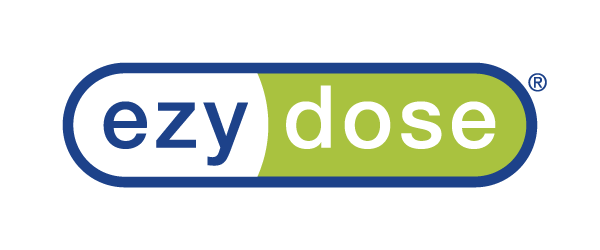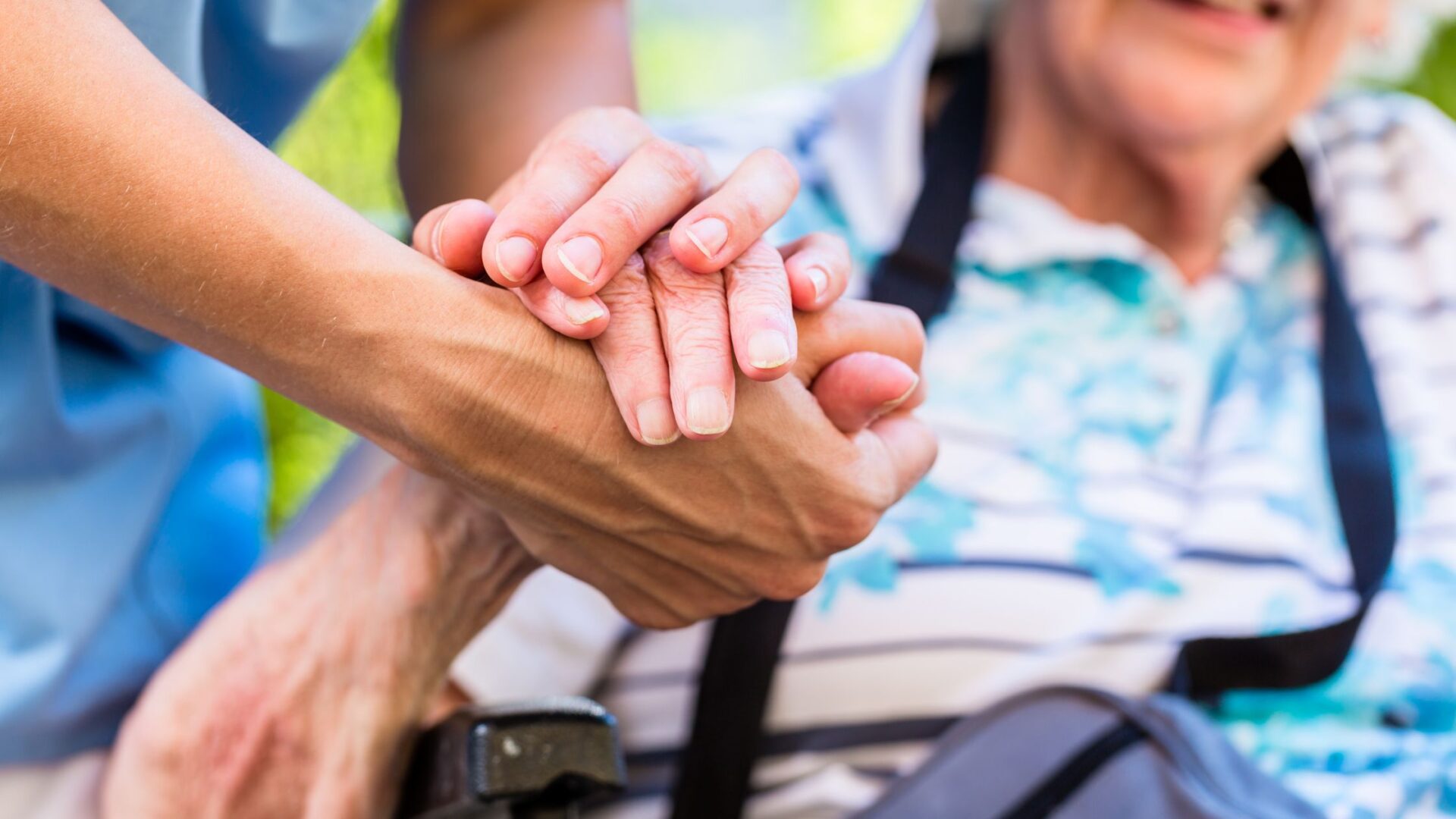The transition into a new year is an exciting time! We’re collectively winding down from the holidays while ramping up with new goals, fresh perspective, and the opportunity to be our best selves.
One resolution that should top your list for 2023 if you’re a caregiver is to find ways to care for yourself too.
Your family needs you, but they also need you to be at your best. But we’ve got you covered! Read on for tips to help make managing your family’s health easier as well as why and how you should take care of your own mental and physical health too.
Family Caregivers: Tips to Manage Your Family’s Health
If you’re the primary caregiver for an ill family member, you’re not alone. There are currently more than 34 million Americans serving as unpaid caregivers for relatives with chronic illnesses.1
As an informal caregiver, you might support your loved one by organizing and administering their medications, preparing meals, ensuring their comfort, taking them to various appointments, and helping them manage everyday tasks. While these ongoing responsibilities can add up to a sizable amount of time, there are ways to simplify and make things a little easier on yourself.
- Use a pill planner. Most people with chronic health conditions take prescription medications,2 and of all people who take prescriptions, the average number of medications taken is four.3 That can be a lot to keep track of. Organizing all pills for the week in a single pill planner can help you ensure all medications are taken appropriately and at the right time and that you didn’t miss any doses.
- Make pills easier to swallow – without costing you extra time. Do you need to cut pills in half or crush pills to mix with food? It can be a tedious and time-consuming task, unless you keep a pill cutter or pill crusher These simple, compact tools can cut your time in half while giving you a precise cut or thorough crush every time.
- Break down tasks when you feel overwhelmed. Taking care of another person can be exhausting, no matter how much you care about them. When you feel burned out and find your to-do list insurmountable, consider breaking bigger tasks down into smaller ones. Be sure to add each one to your list so you can cross them off and recognize just how much you’re accomplishing, even if you don’t feel like it’s much.
- Ask for help. It can be hard to admit when you need a break, but don’t underestimate the fresh energy of someone who isn’t doing what you are day-in and day-out. Reach out to a trusted friend or relative to tag in for a day, or even a few hours, to allow you some much-needed rest.
Caregiving is a constant responsibility, but that doesn’t mean you can’t find ways to make the task at hand more manageable. Your time, well-being, and health matter too!
Managing Your Own Health
Taking care of a loved one who is very sick or suffering from a chronic condition that requires a lot of help can be physically and emotionally taxing. It can be overwhelming to act as the primary source of support when someone you care about is going through a difficult experience. As a result, a reported 47% of caregivers experience anxiety, and 42% experience depression.1
Such feelings can be exacerbated by guilt for even feeling them, given what your loved one is going through. It’s important to remember that your feelings are still valid, and it’s good to find ways to manage your own well-being while supporting others with theirs.
Not only that, but stress, anxiety, and depression can impact your physical health in the long run. Those who suffer from mental health conditions, such as depression or anxiety, are more likely to develop a preventable illness or physical condition over time.4 Even ongoing stress can wear down your body,5 which doesn’t exactly leave you in the best shape to continue caring for others.
Self-Care for Family Caregivers
So, how can you take care of yourself while continuing to care for your loved one who needs you? Even a few simple tips6 can make a world of difference.
- Get enough quality sleep. Easier said than done? Maybe. Important for your health? Very. We’ve got another blog post for you with reasons why and tips on how.
- Lean into your social connections. Find opportunities to connect with friends, family members, or neighbors. Grab coffee or a meal together, take a class together, or even talk on the phone. Scientists are increasingly finding links between our social connections and both our mental and physical health.6
- Practice mindfulness. Being present in the moment can help center you when you’re feeling overwhelmed or stressed. Pause a few times each day to take a deep breath and assess your physical well-being from head-to-toe. Try to work in a short walk when you can. Maybe seek out mindfulness resources to take the practice a little further. The key is to stay connected with your own needs, even if you’re also responsible for someone else’s.
- Eat right. Nutrition can be one of the first things to fall by the wayside when you have too much on your plate but eating balanced meals and healthy snacks can help keep you energized and feeling your best.
- Get moving. Likewise, exercise is a great way to keep your body – and mind – sharp, and those endorphins you get out of the deal don’t hurt anything either. Hit up your favorite group fitness class, check out a routine on YouTube, or simply lace up your sneakers for a run or brisk walk. It doesn’t have to be an intense sweat session to be effective.
Caring for a family member who needs you is a beautiful and often thankless undertaking. It can also be all-consuming, if you let it. While you’re dedicated to your loved one’s needs this year, be sure not to neglect your own. Simplify the tasks you can and make self-care a priority so you can be at your best for the person who depends on you to feel their best.
References:
1National Foundation for Cancer Research: National Family Caregivers Month
2Georgetown University Health Policy Institute: Prescription Drugs
https://hpi.georgetown.edu/rxdrugs/
3The Check-up by Single Care: Prescription drug statistics 2022
https://www.singlecare.com/blog/news/prescription-drug-statistics/
4Frederick Health: The Connection Between Mental and Physical Health
https://www.frederickhealth.org/news/2021/october/the-connection-between-mental-and-physical-healt/
5Mayo Clinic: Stress Management
https://www.mayoclinic.org/healthy-lifestyle/stress-management/in-depth/stress-symptoms/art-20050987
6National Institutes of Health: Emotional Wellness Toolkit
https://www.nih.gov/health-information/emotional-wellness-toolkit

